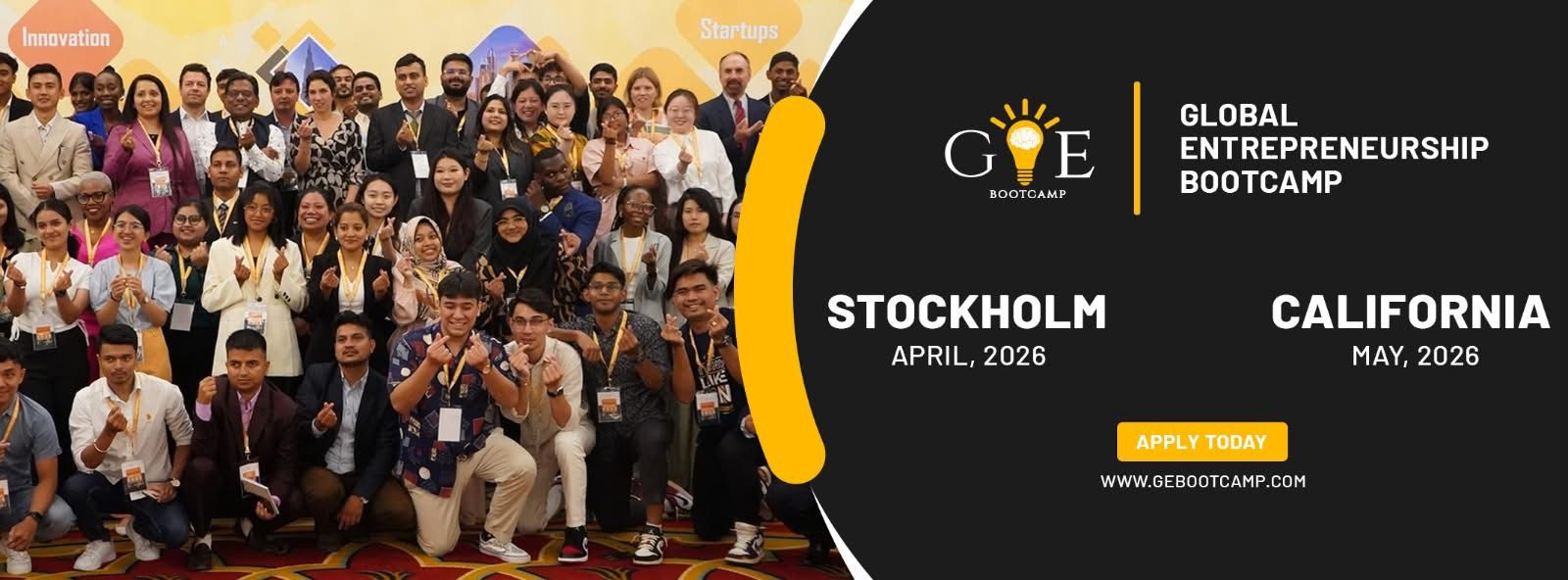
ENJ Reporting on Fisheries in Belize, Honduras, Guatemala and Mexico (Fully Funded)
Details
ENJ Reporting on Fisheries in Belize, Honduras, Guatemala and Mexico (Fully Funded)
The workshop will be conducted in English. Participating journalists will learn about fisheries management issues at the local, country and regional levels, including threats to fishery populations, the perspectives of local fishers, current measures in place to monitor and manage fisheries, proposed solutions to prevent decline and more. Expert speakers from the Mesoamerican region and elsewhere will join in-person or virtually to answer questions and lead sessions.
In addition to classroom sessions, one day will be spent on a field trip to a relevant location. The specific details of the field trip have yet to be confirmed, but it will allow participating journalists to better understand fisheries issues from a local on-ground perspective.
Check: Global Symposium on Health Systems Research 2024 (Partially Funded)
Cost
- Accommodation and transportation will be provided to journalists selected from outside Belize City, EJN will also cover airfare for journalists selected from Honduras, Mexico and Guatemala.
- All participating journalists will receive a stipend for food and other incidental expenses. Journalists traveling into Belize City from elsewhere in the country or region should expect to travel on April 11 and return home on April 15.
You should take a look at: 2024 (Fully funded) Youth Business International Bootcamp
Eligibility for ENJ Reporting
- Journalists based in Belize, Honduras, Mexico and Guatemala are eligible for this opportunity. For journalists who are employed as staff at their media outlets, written permission from their editor is required to attend. Both staffers and freelancers will need to secure a written commitment to publish any stories that may result from the workshop.
- For the purposes of this workshop opportunity, we will accept applications in English. Applicants must have a sufficient understanding of English to participate in the workshop, although stories may be produced in any language.
- Applications are open to journalists working in any medium (online, print, television, radio, multimedia). They welcome applications from early-career journalists and experienced reporters with a track record of covering fisheries issues.
- They encourage applications from freelance reporters and staff at all types of media organizations – international, national, local and community-based.
EJN reserves the right to disqualify applicants from consideration if they have been found to have engaged in unethical or improper professional conduct, including, but not limited to, plagiarism and/or submitting AI-generated content as their own.
Specifications
| Type of Opportunity | Conferences |
|---|---|
| Event Date | 12 April,2024 to 14 April,2024 |
| Deadline | 22 February,2024 |
| Country | USA |
| Organizer | EJN |
| Contact the organizer | [email protected]. |
